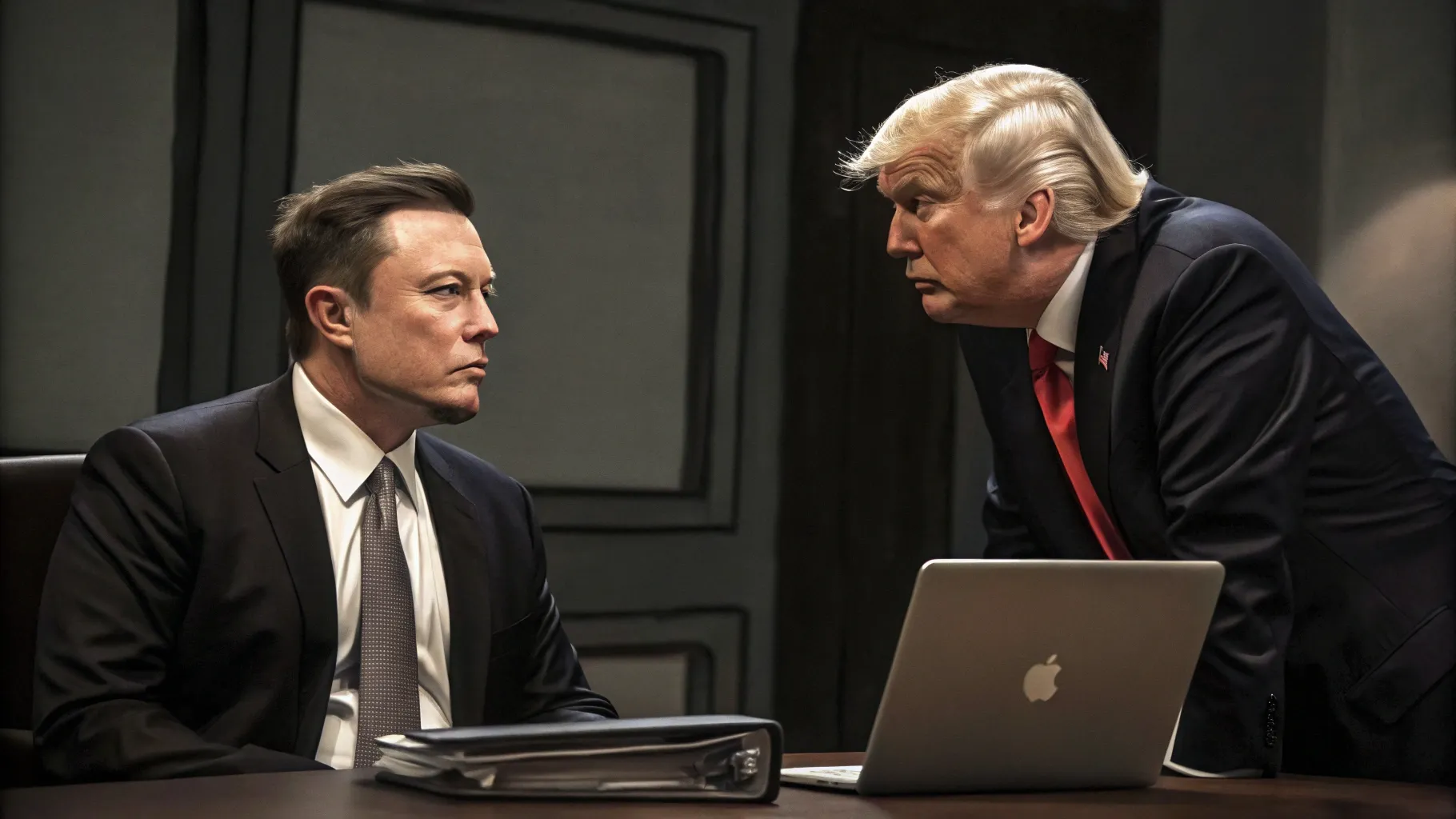
The political partnership between tech billionaire Elon Musk and former President Donald Trump, forged during the presidential campaign, has raised questions about its longevity and potential power dynamics. Political observers have noted that the alliance, while beneficial to both figures during the campaign period, may face challenges as their agendas and ambitions potentially diverge.
The collaboration between two of America’s most prominent and outspoken public figures brought together Trump’s political base with Musk’s influence in the tech industry. However, analysts have consistently questioned the sustainability of this relationship, given both men’s strong personalities and history of independent decision-making.
A Marriage of Convenience?
Political strategists have characterized the Musk-Trump alliance as potentially tactical rather than ideological. Musk, who controls Tesla, SpaceX, and X (formerly Twitter), brings substantial financial resources and a massive social media platform to the table. Trump, with his political movement and voter base, offers Musk increased political influence.
“The question was never if they would work together, but for how long,” said one political analyst who has studied both men’s careers. “Both are used to being the dominant figure in any room and any relationship.”
The partnership represented a significant shift for Musk, who had previously maintained more moderate political positions before moving to the right in recent years. For Trump, Musk’s support provided technological credibility and access to different voter demographics.
Power Dynamics at Play
The relationship between the two powerful figures has prompted speculation about who might gain the upper hand should their interests no longer align. Musk’s control of major technology companies and communication platforms gives him unique leverage, while Trump maintains strong political influence with millions of devoted supporters.
“When two alpha personalities join forces, there’s always an underlying competition,” noted a campaign strategy expert. “The question of who would prevail in a disagreement isn’t just about personal power but about which resources matter most in their shared context.”
Several factors could determine the balance of power:
- Musk’s ownership of X gives him control over a central communication platform
- Trump’s political base remains intensely loyal
- Both men have demonstrated a willingness to make sudden, unilateral decisions
- Financial resources favor Musk, while political capital favors Trump
Future Scenarios
Political observers have outlined several possible futures for the Musk-Trump relationship. They might maintain their alliance if their interests remain aligned, particularly around regulatory issues affecting Musk’s businesses. Alternatively, they could experience a gradual drift as policy priorities diverge.
A more dramatic scenario would involve an open break, which some analysts believe would test whether technological influence or political power carries more weight in today’s America.
“Both men have shown they can turn quickly on former allies,” said a political historian. “If their partnership dissolves, we’ll see a fascinating test case of 21st-century power dynamics between tech and traditional politics.”
The outcome of any potential split would have significant implications not just for both men but for the intersection of technology and politics in America. For now, the alliance continues, but with the campaign concluded, the true test of its durability is yet to come.











Howie Jones
My name is Howie and I'm a Customer Success Manager at Calendar. I like to ensure our customers get the best experience using our product. If you have questions email me howie at calendar.com